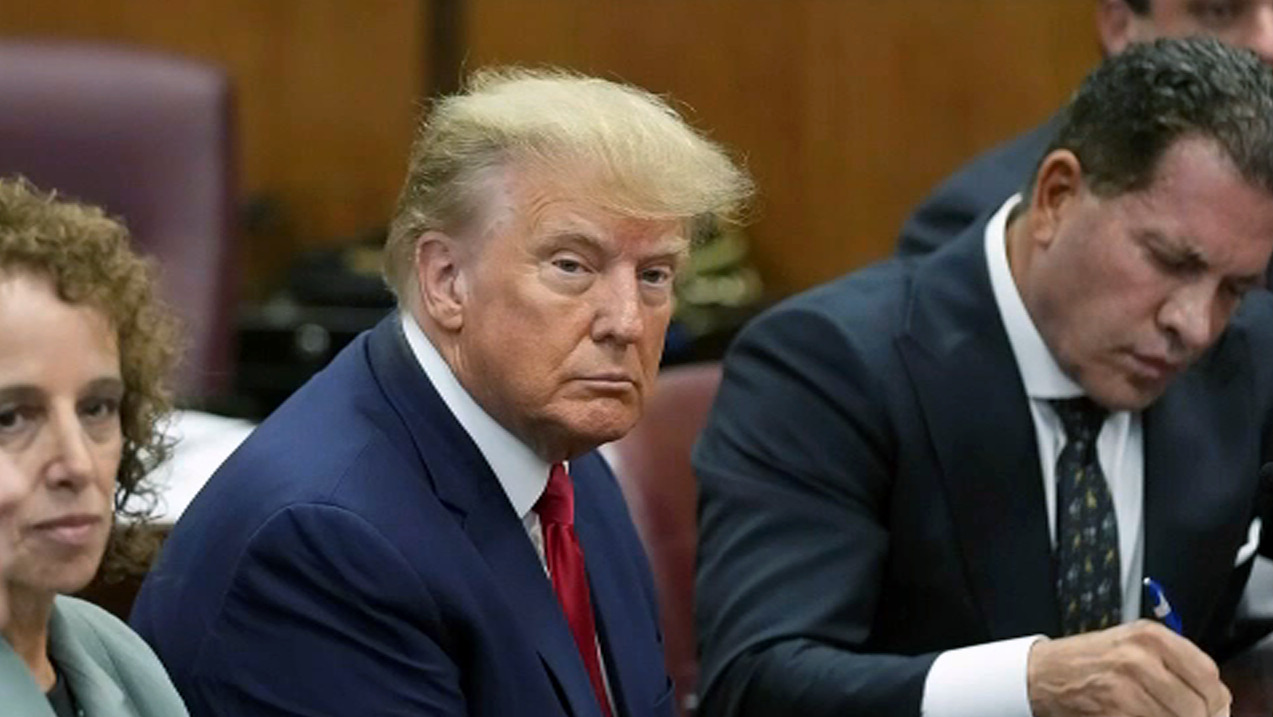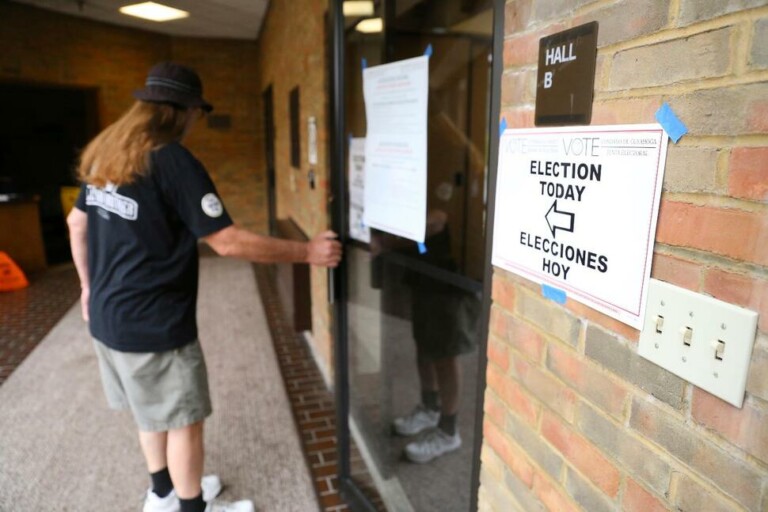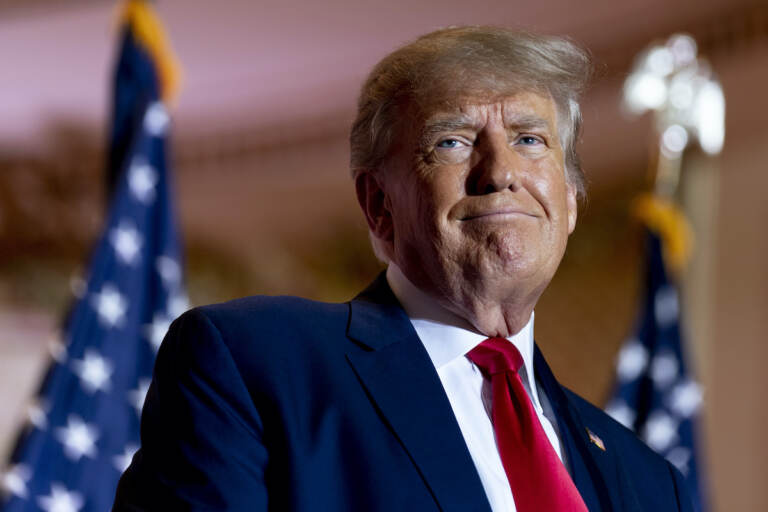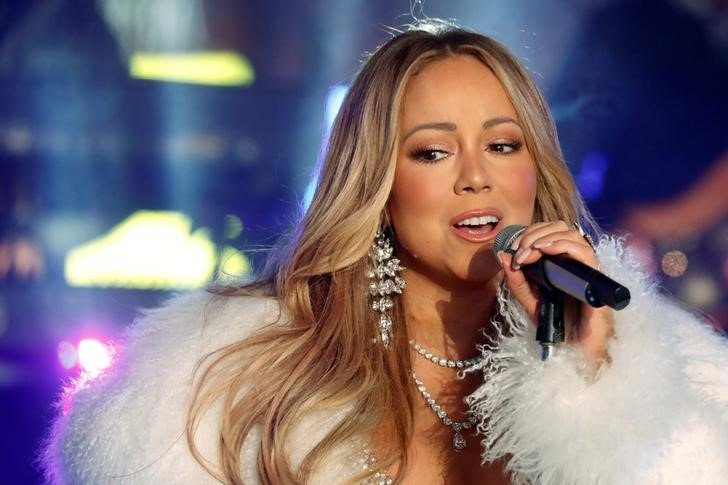Former President Donald Trump is responding to Tuesday’s indictment in the 2020 election probe in much of the same way he has responded to previous indictments: deny the accusations without providing a compelling counter narrative, accuse prosecutors of political targeting, and – perhaps most importantly for him – fundraise.
Trump’s 2024 campaign sent out fundraising emails soon after a federal grand jury returned an indictment Tuesday containing the historic accusation that a president of the United States had attempted to undermine the Constitution and remain in power by engaging in fraud and deceit to prevent the installation of his duly elected successor after losing a fair election at the polls.
Many prominent elected Republicans rushed to his defense, though they did so mostly by attempting to shift attention to corruption allegations against President Joe Biden’s son Hunter.
It’s not clear yet what kind of fundraising bump, if any, Trump saw in the wake of the indictment, but he’s recorded massive hauls on the days of his other indictments. However, as his legal troubles mount, his lawyer fees are consuming a growing amount of his campaign donations. On Wednesday morning, the ex-president thanked supporters and again accused the Justice Department of political motives.
“THANK YOU TO EVERYONE!!! I HAVE NEVER HAD SO MUCH SUPPORT ON ANYTHING BEFORE. THIS UNPRECEDENTED INDICTMENT OF A FORMER (HIGHLY SUCCESSFUL!) PRESIDENT, & THE LEADING CANDIDATE, BY FAR, IN BOTH THE REPUBLICAN PARTY AND THE 2024 GENERAL ELECTION, HAS AWOKEN THE WORLD TO THE CORRUPTION, SCANDAL, & FAILURE THAT HAS TAKEN PLACE IN THE UNITED STATES FOR THE PAST THREE YEARS,” he posted on his social media site, Truth Social.
“AMERICA IS A NATION IN DECLINE, BUT WE WILL MAKE IT GREAT AGAIN, GREATER THAN EVER BEFORE. I LOVE YOU ALL!!!” he said.
Trump and his Republican surrogates have also made the case that the indictment punishes the ex-president for exercising his First Amendment right to promote the conspiracy that the 2020 election was rigged.
But the indictment is careful to acknowledge that Trump has a right to speech – and that the crimes it implicates Trump in are based on his actions, not his words.
Trump is being charged with one count of conspiracy to defraud the United States, one count of conspiracy to obstruct an official proceeding, one count of obstruction of and attempt to obstruct an official proceeding, and one count of conspiracy against rights. The conspiracies relate to plans and actions taken to overturn the vote count in 2020 taken by Trump and six unindicted co-conspirators enumerated in the document.
“The Defendant had a right, like every American, to speak publicly about the election and even to claim, falsely, that there had been outcome-determinative fraud during the election and that he had won,” the indictment says.
“Shortly after election day, the Defendant also pursued unlawful means of discounting legitimate votes and subverting the election results. In so doing, the Defendant perpetrated three criminal conspiracies,” the indictment says. “Each of these conspiracies – which built on the widespread mistrust the Defendant was creating through pervasive and destabilizing lies about election fraud – targeted a bedrock function of the United States federal government: the national process of collecting, counting, and certifying the results of the presidential election (‘the federal government function’).”
The indictment focuses on five broad schemes Trump and his co-conspirators undertook to subvert the election results, including a scheme in which fake electors submitted false vote certifications, efforts to pressure state officials to discount vote totals, attempts to pressure Vice President Mike Pence not to certify the results of the electoral vote count, and to pressure lawmakers to do the same – even while a violent insurrection raged at the Capitol.
The document also goes to great pains to repeatedly and consistently assert that Trump knowingly acted on a demonstrated conspiracy theory that the election was stolen and that he was told by close advisers, White House officials, state officials, lawyers and Justice Department and national security experts that allegations of voter fraud were untrue and unsupported.
The indictment also notes several instances where Trump appears to allude to the fact that his actions were based on untrue theories.
“You’re too honest,” Trump is quoted as saying to Pence while pressuring him not to certify the election results on Jan. 6, 2021.
The indictment cites Trump as calling a co-conspirator’s theories about election fraud “crazy” in private – while promoting them in public.
According to the indictment, after being told by the acting attorney general and acting deputy attorney general that DOJ would not alter the results of the election, Trump said, “Just say that the election was corrupt and leave the rest to me and the Republican congressmen.”
And in another instance, Trump acknowledges that there will be a change of power, and in doing so, acknowledges that he lost the election. Trump made the comments after being briefed on an issue by national security officials and advised to hold off on taking action because Inauguration Day was approaching.
“Yeah, you’re right, it’s too late for us. We’re going to give that to the next guy,” Trump said, according to the document.
Yet despite the number of instances where Trump alludes to acting on information he knows is false, what the indictment glaring does not contain is an instance of a more explicit, direct verbal or written acknowledgment by Trump that he knew his election fraud allegations were lies and acted on the lies in a bid to stay in power.
That omission leaves open the possibility that Trump’s lawyers could argue that – despite evidence and advice and statements from top experts, allies, aides and lawyers – Trump truly believed that the election was stolen, and thus did not act knowingly.







